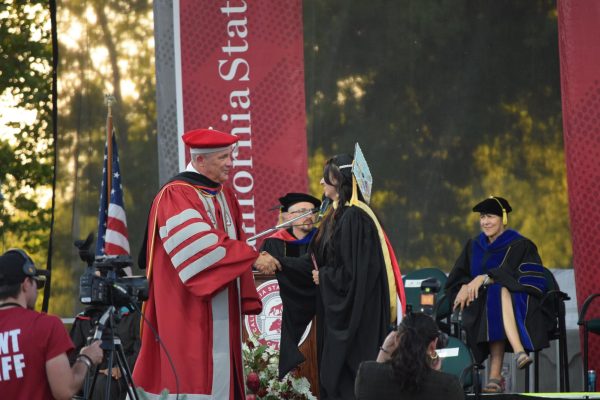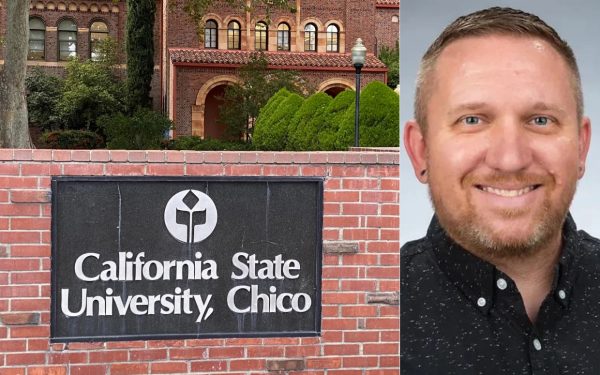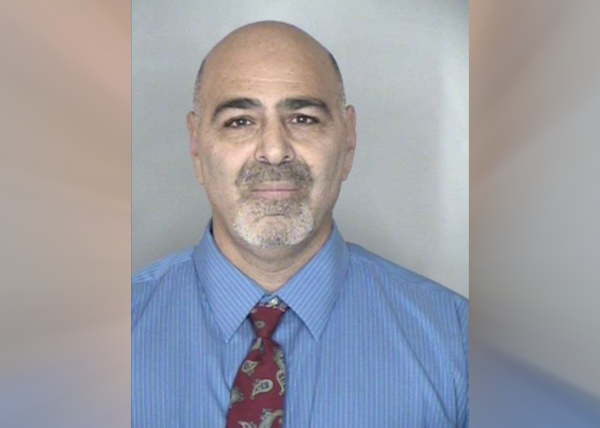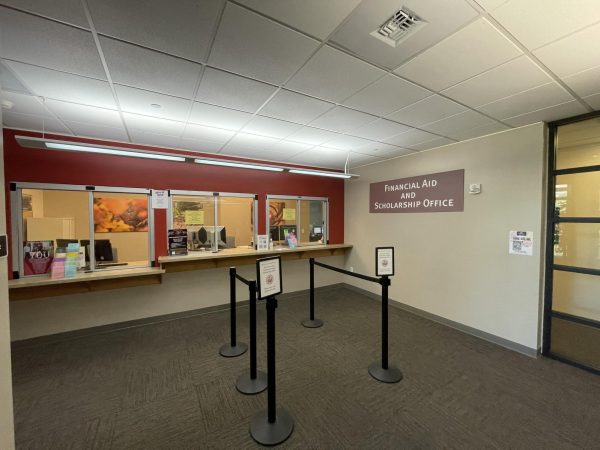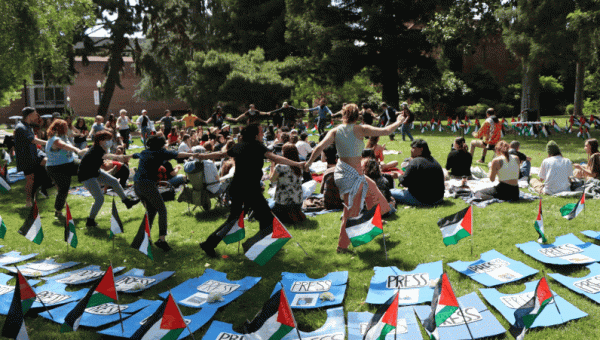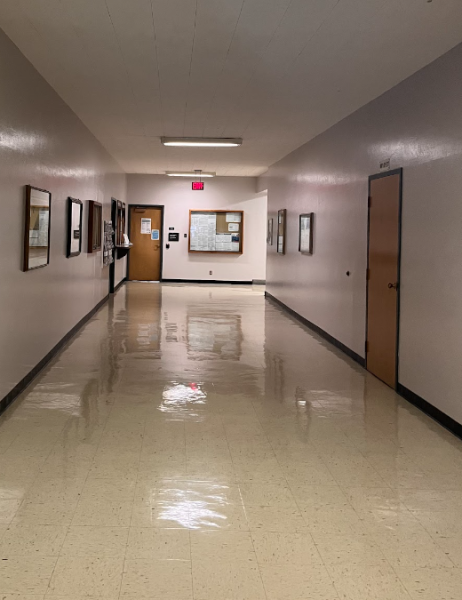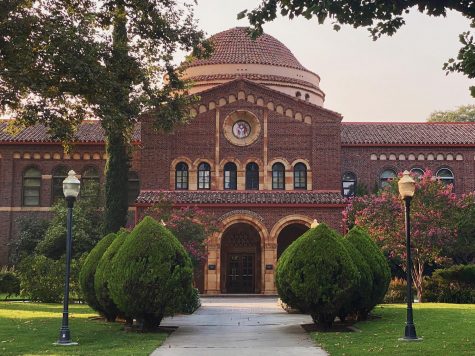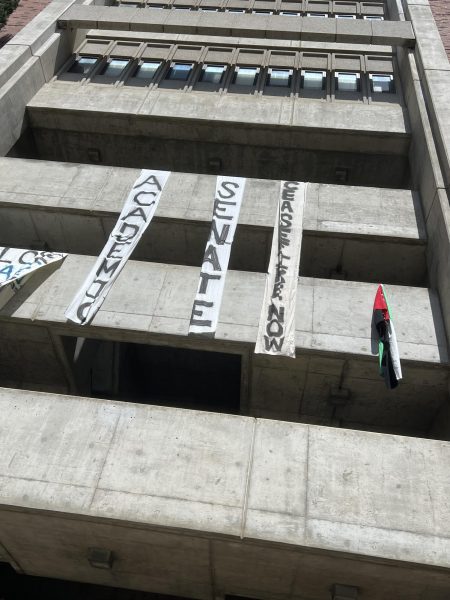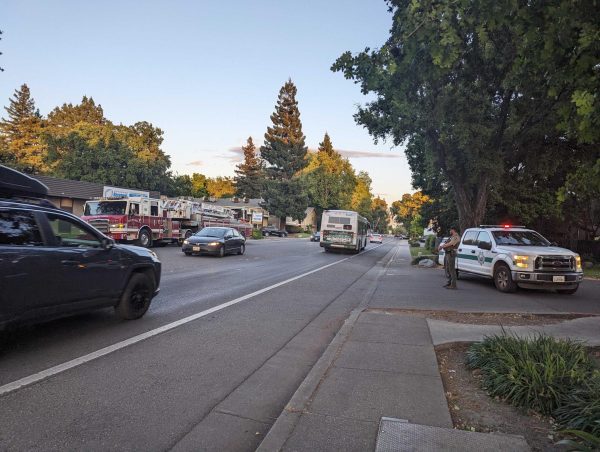Affordable housing, sustainable living: Visions for Chico 2020 at The People’s State of the Union
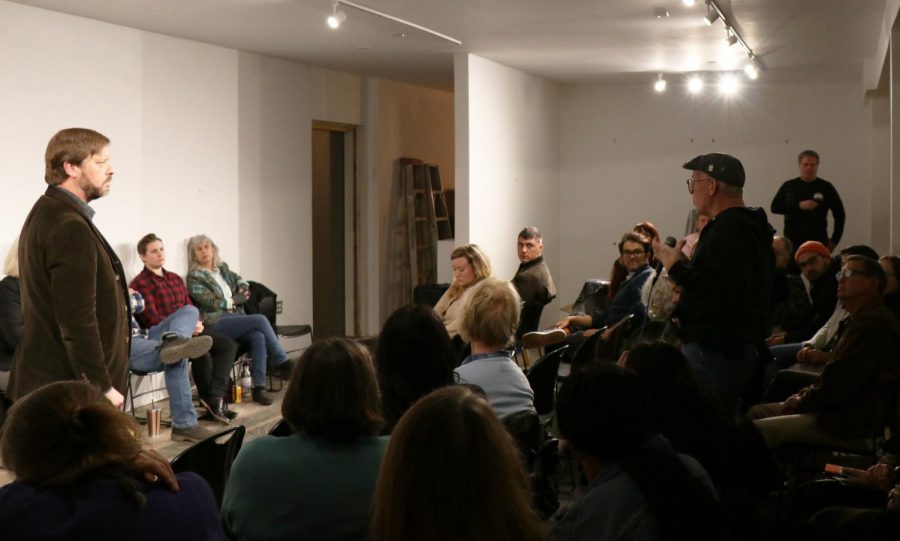
Following the State of the Union address delivered by President Donald Trump, Chico politicians and aspiring candidates for local offices joined in the 1078 Gallery to have a relevant discussion titled, “The People’s State of the Union: Vision 2020”, on Feb. 5.
Speakers included Lauren Kennedy from North Valley Housing Trust, the sitting Vice Mayor of Chico Alex Brown, candidate for District 5 supervisor Henry Schleiger, and candidate for District 4 supervisor Sue Hilderbrand.
Another guest expected for the event, Audrey Denney, Congress Candidate running for District 1, was unable to attend the event due to illness.
Kennedy, with experience in the housing sector, brought two pieces of legislation that were currently in danger of being rolled back. First, the Fair Housing Act, amended in 1989 to protect indiduals from discimination during housing sales, is now at risk of changing the standards for individuals to make claims of racism or discrimination against sellers.
Second, Kennedy mentioned the possibility of a softened renovation of the Community Reinvestment Act, which put a hand on the discrimination of low-income communitities by banks.
“I don’t feel like there is much I can do about this, even people in the housing sector are feeling overwhelmed by this news and don’t know what to do,” Kennedy said. “When I see so many people feeling unsafe and then asking for safety, I think that basic protections need to be taken at the state level. California has four vacant homes for every person on the street, yet spends four times as much on investments than affordable housing.”
While Kennedy expressed uncertainty of the involvement at the state and federal level, she praised the efforts of local communities. Upcoming listed projects include a new rice plant opening in Willows to make building material and the organization of original tribes to secure contracts from the United States Department of Agriculture to deal with the burn scar left from the 2018 Camp Fire. Kennedy explained that while attempts at making change federally is important, local changes can make a mark as well.
Schleiger, who has experience in geographic information mapping and wildfire consulting, envisioned a future including prescribed fire.
Explaining the heavy influence that the agriculture industry has in the economy and culture of Butte County, Schleiger explained the failure for many cities to grow. With this lack of growth, Schleiger explained that cities such as Chico have progressively become more expensive but little has been done to add to housing inventory, leading the housing crisis to be placed on the foothills of Cohasset, Paradise and Magalia.
Explaining that the original foundation for past fire policies had not been directed at saving homes and lives but at saving timber and money, Schleigner accounted that certain locations in Paradise should not have been protected, as over time they became more dense and flammable.
“I always felt like fire was going to change our world pretty dramatically and I knew looking up that flume that that was the one,” Schleigner said. “I knew that Paradise was going to suffer very badly but this was an event the world needed to see to understand climate change and forest fire policy—especially for housing.”
“We pushed housing higher and higher into the hills…we were leading people up there who didn’t know what it meant to live in the foothills—ignorant to the danger and risk…We shouldn’t have low income housing in these areas. We should have our low income housing in our cities,” Schleigner said.
Brown, who spoke during the 2018 People’s State of the Union after being freshly elected, gave her vision for dealing with fear of the future. Driving emotion from the creativity and ingenuity of young climate change activists, Brown recalled her contribution to taking on the climate crisis with her co-authoring of the Chico Green New Deal which had been revealed last October.
Hilderbrand, who acknowledged the deep problems in Chico, explained that although situations worsened following the Camp Fire, issues arose earlier when city council declared a shelter emergency four weeks before the fire started. Understanding the crisis surrounding housing and addiction, Hilderbrand found that tackling these issues must be dealt with by accepting that the county still suffers from the trauma following the Camp Fire.
Comparing immediate attempts to rebuild the community to healing a severe wound with band-aids, Hilderbrand expressed her optimism in practicing proactive legislature through long term strategic planning.
“If we want to recover and overcome not just Camp Fire trauma, we have to imagine,” said Hilderbrand. “When we take ownership of the future, we figure out how to work together toward that vision…evaluate the strengths and weaknesses of the county. If we don’t get organized that development will develop without our input.”
Kimberly Morales can be reached at [email protected] or @kimberlymnews on Twitter.








